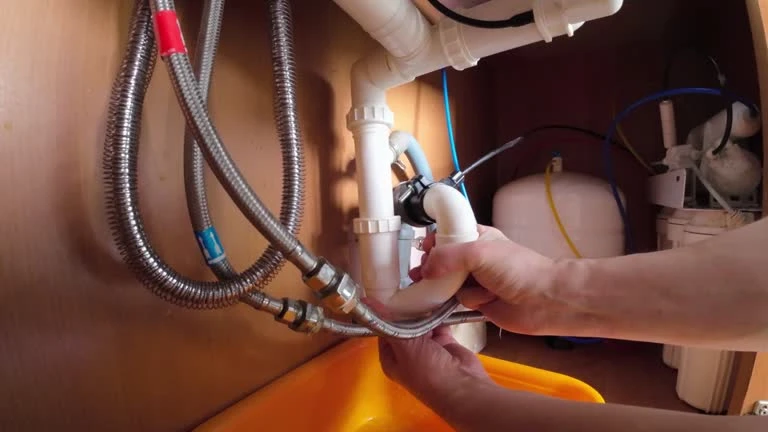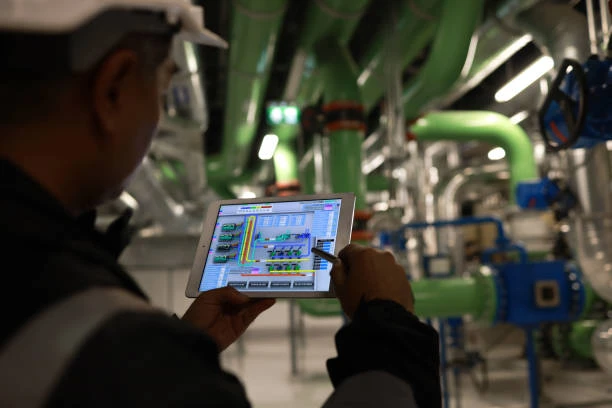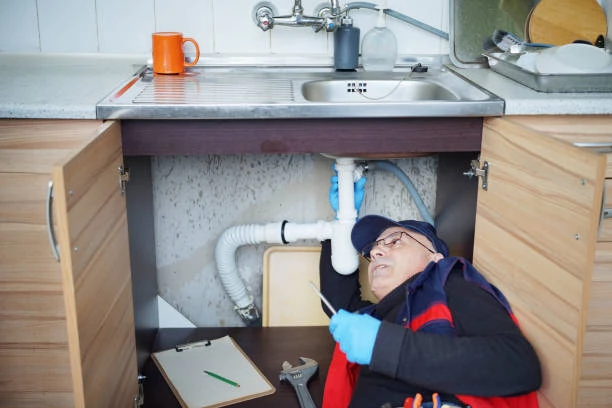Introduction
PE water pipes are essential for underfloor heating systems. These pipes are durable and flexible, but they can encounter issues over time. Understanding common problems and their solutions ensures efficient system performance and longevity.
Common Issues with PE Water Pipes
PE water pipes can face several issues, including leaks, blockages, pressure drops, and temperature fluctuations. Identifying these problems early helps maintain system efficiency and prevent extensive damage.
Leaks
Leaks are a common issue in PE water pipes. They can occur due to poor installation, damage, or wear over time. Leaks lead to water loss, reduced efficiency, and potential damage to the surrounding structure.
Blockages
Blockages can occur due to sediment buildup, debris, or air bubbles in the system,s reduce water flow and heat distribution, leading to uneven heating and inefficiency.
Pressure Drops
Pressure drops in PE water pipes can result from leaks, blockages, or pump issues. Reduced pressure affects the system’s ability to distribute heat evenly, causing cold spots and increased energy consumption.
Temperature Fluctuations
Temperature fluctuations can arise from improper insulation, faulty thermostats, or uneven water flow. These fluctuations affect the comfort and efficiency of the underfloor heating system.
Identifying Leaks
Identifying leaks involves visual inspection and monitoring water usage. Look for wet spots, damp areas, or water stains near the pipes. A sudden increase in water bills can also indicate a leak.
Addressing Leaks
Repairing leaks promptly prevents further damage and maintains system efficiency. Small leaks can be fixed with pipe sealants or clamps. For larger leaks, replace the damaged section of the pipe.
Preventing Leaks
Proper installation and regular maintenance prevent leaks. Ensure all connections are secure and use high-quality materials. Regularly inspect the pipes for signs of wear or damage.
Detecting Blockage
Detecting blockages involves checking water flow and temperature distribution. Uneven heating or reduced water flow can indicate a blockage. Visual inspection of the pipes may also reveal sediment buildup.
Clearing Blockage
Clearing blockages restores water flow and system efficiency. Flush the system with clean water to remove debris or sediment. For stubborn blockages, use a pipe cleaning solution or mechanical cleaner.
Preventing Blockages
Prevent blockages by regularly flushing the system and using water filters. Proper installation and maintenance also reduce the risk of blockages. Avoid introducing debris or contaminants into the system.
Monitoring Pressure Drops
Monitoring pressure drops involves checking the pressure gauge and inspecting the system for leaks or blockages. Sudden drops in pressure can indicate a problem that needs addressing.
Resolving Pressure Drops
Resolving pressure drops involves identifying and fixing the cause. Repair leaks, clear blockages, or adjust the pump settings to restore proper pressure. Regularly check the pressure gauge to ensure consistent performance.
Preventing Pressure Drops
Prevent pressure drops by maintaining the system and ensuring proper installation. Regularly inspect the pipes, connections, and pump settings. Use high-quality materials and follow manufacturer guidelines.
Addressing Temperature Fluctuations
Temperature fluctuations can affect comfort and efficiency. Check the insulation, thermostat settings, and water flow. Adjust the thermostat or replace faulty components to maintain consistent temperatures.
Improving Insulation
Improving insulation helps maintain consistent temperatures. Use high-quality insulation materials and ensure proper installation. Regularly inspect the insulation for signs of wear or damage.
Thermostat Maintenance
Maintain the thermostat to ensure accurate temperature control. Regularly check and calibrate the thermostat. Replace faulty thermostats to prevent temperature fluctuations.
Ensuring Even Water Flow
Ensuring even water flow prevents temperature fluctuations. Regularly check the pump and water flow rate. Adjust the pump settings or replace faulty components to maintain consistent water flow.
Regular Maintenance
Regular maintenance enhances the performance and longevity of PE water pipes. Inspect the pipes, connections, and components regularly. Perform routine checks and address any issues promptly.
Professional Inspection
Professional inspection ensures optimal system performance. Hire a qualified technician to inspect and maintain the underfloor heating system. Professional inspections identify and address potential issues before they become serious.
Conclusion
PE water pipes are crucial for underfloor heating systems. Understanding common issues and their solutions ensures efficient performance and longevity. Regular maintenance, proper installation, and prompt repairs prevent problems and enhance system efficiency. By addressing leaks, blockages, pressure drops, and temperature fluctuations, users can maintain a comfortable and efficient underfloor heating system. Proper care and professional inspections further ensure the reliability and performance of PE water pipes.
Connect
IFAN is a Chinese manufacturer of plastic pipes, fittings and valves with 30 years of experience. If you are interested in IFAN copper fittings, copper valves, plastic pipes and fittings, please contact us. IFAN offers you a variety of standard pipes to meet your specific needs. Click below to learn more about IFAN’s wide range of affordable and cost-effective valve products and piping system related products.
We will reply your email or fax within 24 hours.
You can call us at any time if there is any question on our production.
For more information,pls visit our webside https://waterpipefitting.com/
Pls Mailto: [email protected]
Whatsapp: + 86 19857948982














Recent Comments